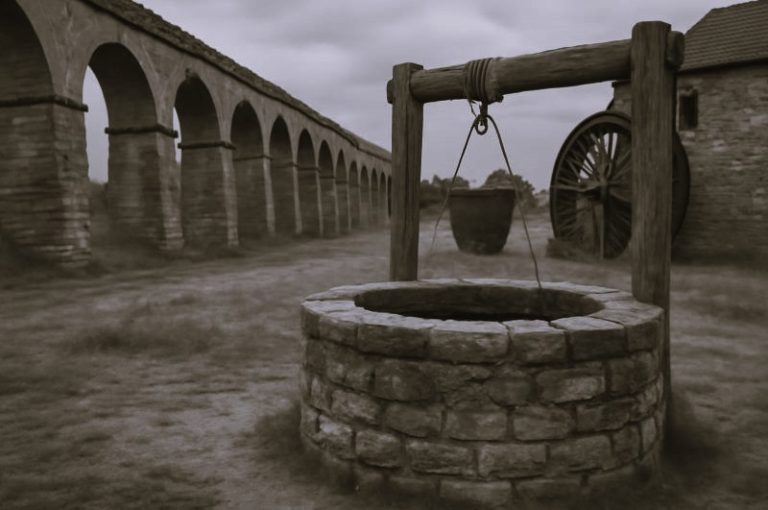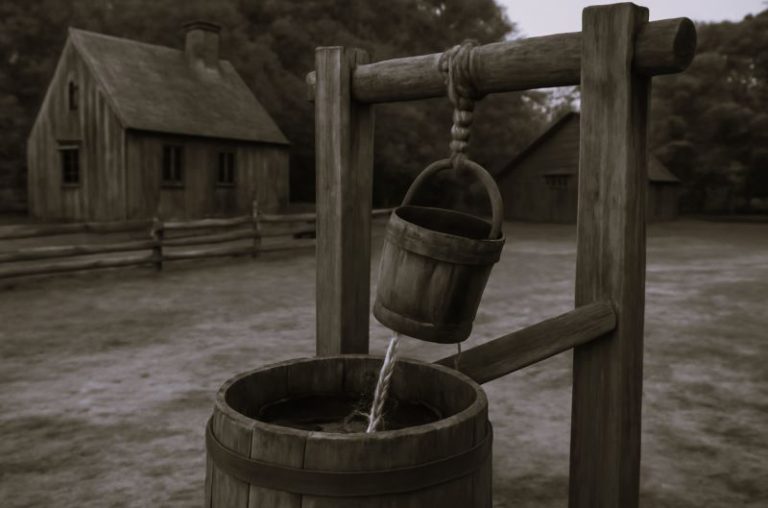

Some consider superstition a useless turn away from logic, while others may be fine with the casual beliefs that occasionally intersect with their lives. Every now and then, they’ll toss salt over their shoulder or feel a little weird after seeing a black cat cross their path… at least in the West.
Around the world, superstitions developed slowly over time according to political, social, and ecological factors specific to a certain region. As trade connected more of the world, some popular beliefs transcended cultural borders, such as correlating a certain type of itch to a certain event.
Still, for the most part, superstitions are unique to certain areas or cultures. In East Asia, the number four augers bad luck, while the color red invites fortune. In West Africa, whistling at night is taboo, while an itchy palm could foretell good luck.
Superstitions also tend to get specific when related to an industry. For example, professional poker players largely subscribe to a handful of common superstitions, such as winning the first hand or hitting the tables shortly after their first child is born (both of which are considered lucky).
Clearly, these beliefs are based on past results and success. But most modern superstitions have storied origins rooted deep in history. Let’s take a closer look.
Knocking on Wood
As one of the oldest superstitions originating in Europe, there’s no clear origin of knocking on wood for good luck or to prevent a jinx. The continent’s pagan roots suggest that it could be based on the Celtic belief that spirits resided in wood, and could be called forth for protection by knocking on wood.
Others contend that the term comes from a more religious practice related to the crucifix, which could similarly be called upon in a time of need. There are a few other regional variations, too; in Italy, people say ‘knock iron’ to prevent jinxes, while in Turkey, people knock on wood twice to do the same.
Bad Luck in Broken Mirrors
There’s no shortage of reasons why Westerners fear broken, cracked, or chipped mirrors. In some variations of the superstition, a broken mirror could bring on a bad hair day. In others, it could start seven years of bad luck or even trap someone’s soul inside.
This superstition traces back to the earliest days of Greek and Roman culture. The idea that a broken mirror will bring on a period of seven years of bad luck or maladies traces back to the Roman belief that health could be fully renewed within a seven-year cycle.
Oddly enough, broken glass is considered good luck for some. In Russia and India, this is certainly the case. This belief even survives in the West in some forms, as breaking a glass on the opening day of a restaurant is considered a positive omen.
Cross Your Fingers
Similar to knocking on wood, the habit of crossing fingers to ask for luck has complex origins that could either trace back to pagan days or the early years of Christianity. In Western Europe, ancient peoples crossed their fingers to seal a pact.
Some scholars also point to a Germanic rune that closely resembles crossed fingers. In this case, crossing fingers brings luck through a force of necessity. Others point instead to Christian origins. It’s said that early Christians crossed their fingers to mimic the cross and covertly identify one another in public.
Owls Bring Bad Luck
This tradition is from the ‘far’ West and is unique to North America, originating in tribal traditions there. Though not shared by all indigenous groups across North America, some tribes consider the sighting of an owl to be bad luck and indicative of an incoming tragedy.
This belief is so pervasive that a poll taken about each US state’s widest-held superstition saw ‘owls are a bad omen’ win in the state of Arizona. However, this idea isn’t totally unique to North America. Ancient Romans also considered the owl to be a harbinger of doom. In some cases, Roman and Greek writings described shapeshifters who could turn into owls.






